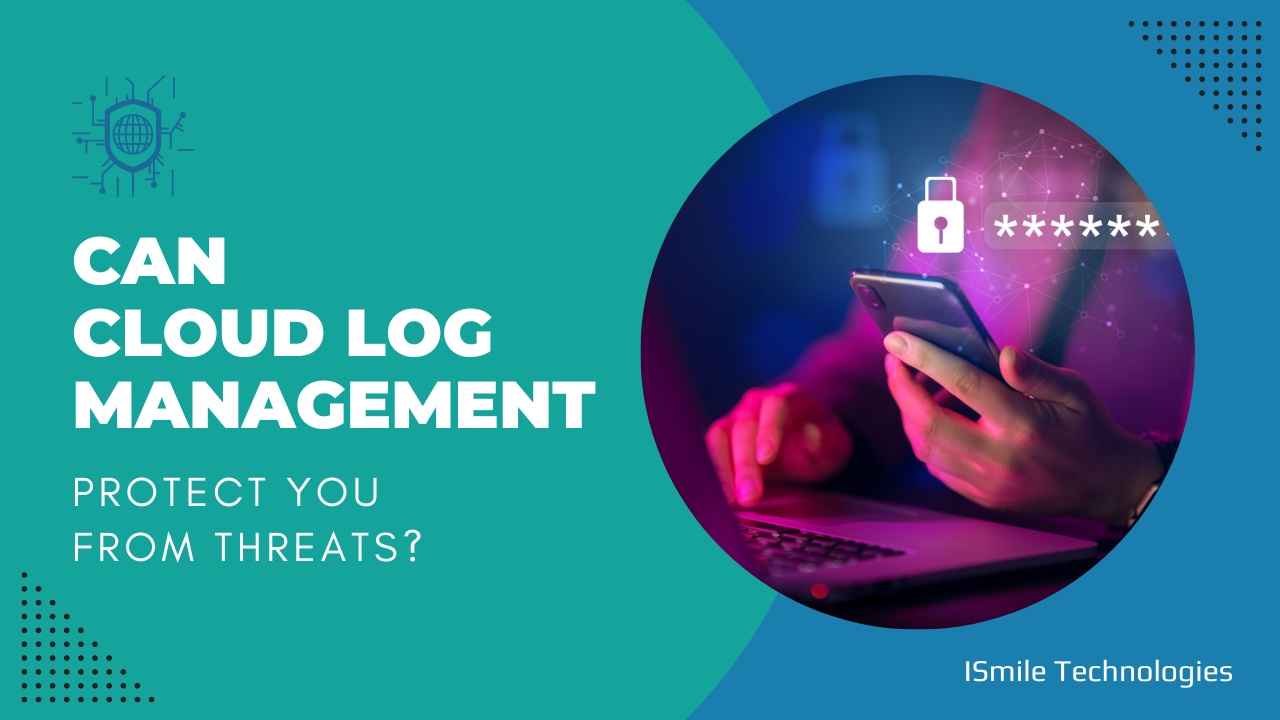In the era of digitalization, the importance of secure and effective logging and management of data cannot be overstated. With cyber threats becoming increasingly sophisticated, it’s essential for businesses to have robust systems in place to detect, respond and prevent data breaches. The cloud offers many benefits for log management, including scalability, cost-effectiveness, and ease of access. In this blog, we will explore the concept of cloud log management and its ability to protect your organization from various security threats. From understanding the basics of cloud logging to discussing the best practices for securing your logs, we will delve into the critical role of cloud log management in maintaining the cloud security platform & data.
What are Cloud logs?
Cloud logs are a record of events and activities that occur within a cloud computing environment. These logs contain information about various aspects of cloud operations, including system performance, resource utilization, user actions, and security events. They play a critical role in cloud security and management by providing visibility into the system and helping to identify potential threats, errors, and issues. Cloud logs are stored in centralized locations and can be easily accessed and analyzed, making it easier for organizations to monitor and manage their cloud infrastructure. Furthermore, cloud logs can be integrated with other cloud computing security tools and solutions to provide a comprehensive security framework, ensuring the protection and availability of critical data and resources.
How should you manage your logs?
At a high level, you have to make arrangements for how you are going to implement these three processes:
- Creating logs
- Transmitting logs
- Storing logs (including rotating and deleting logs)
Best practises
- Centralized log management: It’s important to have a centralized repository for cloud logs, which makes it easier to store, search, and analyze log data. This helps in reducing the time taken to identify and respond to security incidents.
- Encryption and secure storage: Ensure that logs are encrypted both in transit and at rest to prevent unauthorized access to sensitive information.
- Real-time monitoring: Implement real-time monitoring of logs for early detection of potential threats, and ensure that alerts are set up for critical security events.
- Regular review and archiving: Regularly review and analyze logs to identify trends and patterns, and archive logs for later reference. This also helps in reducing the amount of data stored, which can lower storage costs and improve log management efficiency.
New challenges inside cloud log management
The cloud log management of AWS security & others have new challenges with it:
- Multi-cloud: It involves dealing with different logging specific functionality, and types of logs.
- Cloud logs can be massive: Even if you consider a medium-sized cloud environment, it may generate millions of log events per day. You need to have strategies to control costs related to sheer logging volume, which is one consideration. Another solution is to have runtime detection to the cloud detection, and don’t store large lake of data and also speed up the alerting process.
- Security concerns: Remember that logs are a very valuable target for attackers, they want it either to steal important information, or to find ways to hide their tracks by deleting them.
What kinds of threats can be identified in advance in the cloud logs?
Cloud logs can play a crucial role in identifying and preventing various types of security threats in the cloud. Some of the most common types of threats that can be detected in advance through cloud logs include:
- Malicious activity: Logs can help identify unusual or suspicious behavior, such as unauthorized access attempts, resource modification, and data exfiltration, which can indicate malicious activity.
- Configuration changes: Logs can provide a record of changes made to cloud resources, allowing administrators to detect and prevent unauthorized changes that could lead to security vulnerabilities.
- Network anomalies: Logs can provide visibility into network activity and help detect network anomalies, such as denial-of-service attacks and other types of network-based attacks.
- Resource misconfigurations: Logs can help detect resource misconfigurations that can lead to security vulnerabilities, such as unsecured data storage, unencrypted data transmission, and inadequate access controls.
- Resource utilization: Logs can help monitor resource utilization and identify performance issues, such as resource overloading, that can impact the availability and security of cloud resources.
Need help on maintaining Azure Security Center Secure Score of Clients?
Our experts can help you on all kinds of works on Azure Security Center.
Conclusion
Cloud log management is a critical component of cloud security and plays a crucial role in protecting organizations from potential threats. By providing visibility into cloud operations and events, cloud logs help identify potential security incidents and allow organizations to take proactive measures to prevent or mitigate them. Furthermore, by integrating cloud logs with other security tools and solutions, organizations can improve their overall security posture and ensure the protection of critical data and resources. However, it’s important to have a well-defined log management strategy in place, which includes centralized log management, encryption and secure storage, real-time monitoring, and regular review and archiving of logs. By implementing best practices for cloud log management, organizations can better protect themselves from threats in the cloud and ensure the security of their data and resources.
ISmile Technologies cloud security managed services help you maximize cloud confidence with secured cloud assets. We help you reimagine cloud security by building it into the foundation of your company. Schedule your free assessment today.








